
A. Of the three goals, retirement saving should be the top priority, unless your student loan's interest rate is very high.
Here are some steps you can follow:
a. Save at least 10% of your income in your 401(k) account, or at least get your employer's match. Invest fully in Roth IRA account ($5500 in 2013).
b. Develop a plan to repay student loan. Average Stafford loan's interest rate is about 6.8%, far less than credit card's interest rate of average 13%, so make sure pay off your other higher rate loan before start paying off student loan.
c. Instead of saving to buy a house, save for 3 months emergency fund first.
d. When the above is done, save for the down payment of your first house!






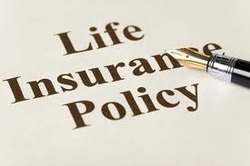
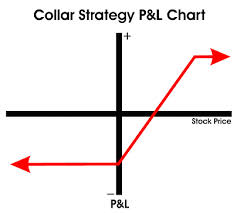
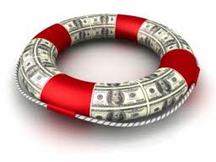


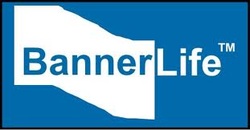




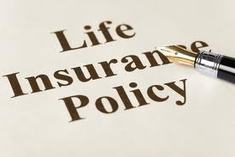


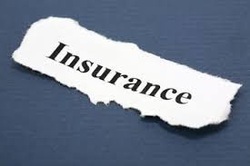


 RSS Feed
RSS Feed
